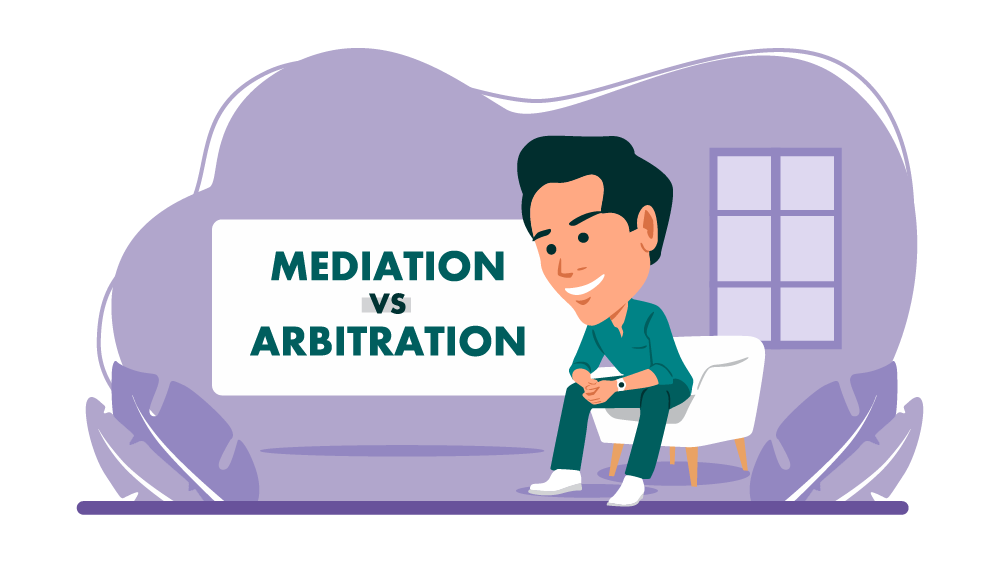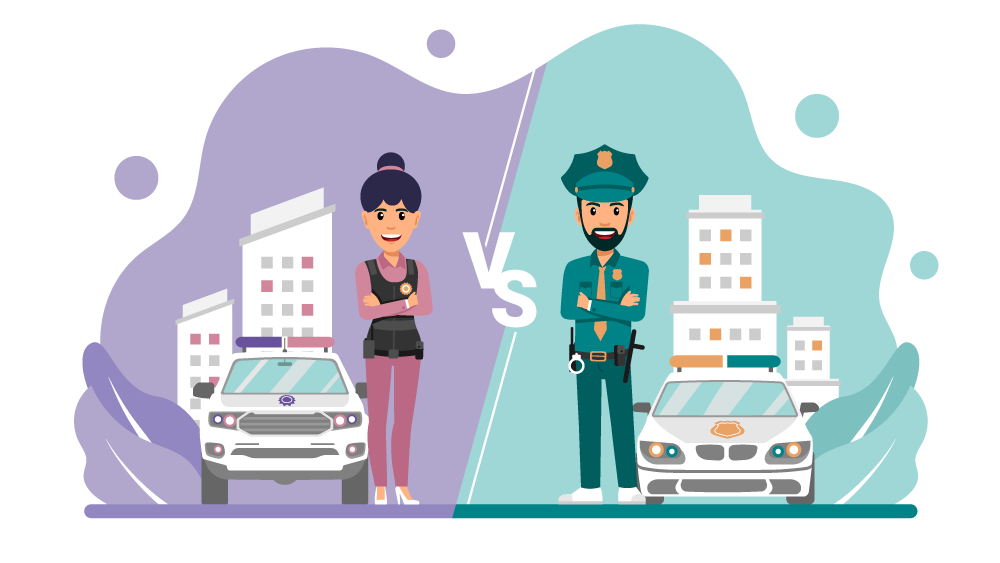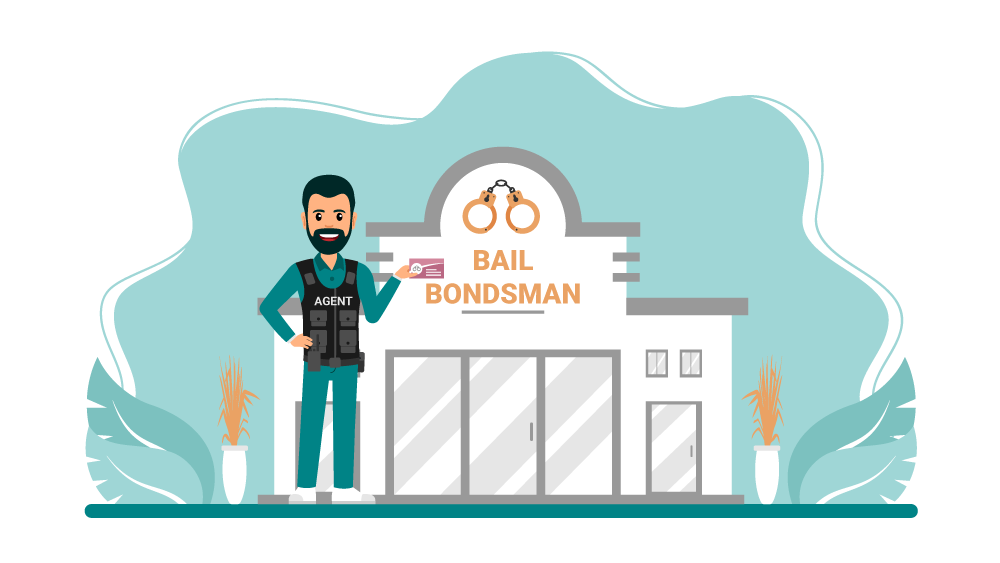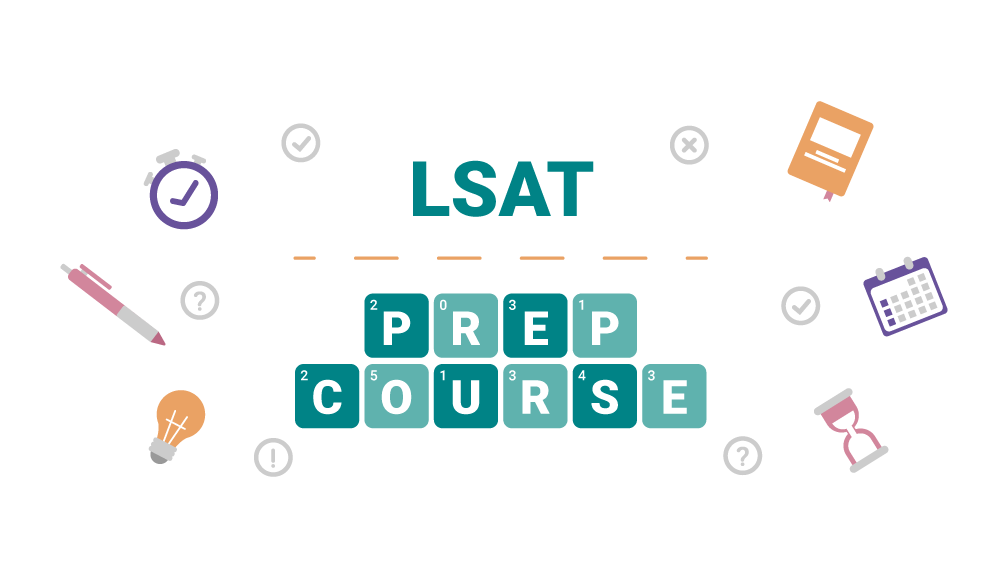Both mediation and arbitration offer alternatives for resolving a dispute. While they are similar in practice, they are not the same. When you don’t want to go through litigation in court, you can choose mediation or arbitration to resolve the dispute.
As the most common options for conflict resolution, choosing mediation or arbitration might make sense for you. If you plan to become an attorney or go into the field of law, you will become very familiar with both of these terms.
Since only a small percentage of cases actually go to court, it’s important to understand the other options. Many cases are settled through mediation or arbitration. Let’s look at both of these options and how they can be used.

What is Mediation?
When a mediator is used to help disputing parties come to an agreement, it’s known as mediation. The mediator should be a neutral third party. Often, the mediator will be a retired judge, a therapist, or an attorney. The goal of mediation is to come to a mutual agreement between the parties entering the process.
Mediation is often used in divorce cases and other family matters, such as custody cases. It may include a series of meetings without any formal hearings. It’s possible for the mediator to work with the parties together and/or separately, depending on the situation. The mediator will also write up the agreement, once it’s reached.
Mediation is non binding unless it has been converted into a judgment or court order.
Pros & Cons of Mediation
Pros
- Less expensive than going to court
- Provides a faster outcome in most cases
- Remains private and off the public record
- Offers a flexible option to be as long or short as necessary
- Allows parties to come up with a solution on their own
- Allows for the ability to negotiate with each other and talk together
- The mediator is a neutral third party and does not make any decisions in the case
- Mediation doesn’t lead to a winner or a loser, but a mutual agreement
Cons
- Can be challenging for those that are not comfortable speaking for themselves
- Mediation is often not a fair process if there is an imbalance of power between the parties
- Mediators may be well-trained or not so well-trained depending on the state requirements
- An agreement from mediation is not legally enforceable
What is Arbitration?
A dispute resolution method where all parties will work with an arbitrator to resolve the dispute is known as arbitration. The arbitrator may be an experienced person in the industry or a retired judge. The process is very similar to a court case but doesn’t come with the formalities of court.
When you enter into arbitration, you allow the arbitrator to decide the outcome of the dispute. This process can be binding with no opportunity to go to court if you don’t like the outcome. It can also be nonbinding where you can go to court, if necessary.
It’s not uncommon for a contract to include an arbitration clause. This clause may require the parties to use arbitration to resolve disputes instead of the court system.
Pros & Cons of Arbitration
Pros
- A very fast process compared to going to court
- Less expensive than going to court
- Parties have the power to choose the arbitrator
- The matter will remain private and not go on the public record
- Less formal than a course case
Cons
- If binding, you won’t have any other recourse if you don’t like the outcome
- The arbitrator may not be objective and may be sympathetic to the company and not the consumer
- Lack of transparency since arbitration is not made public
- While it’s less expensive than going to course, it’s still expensive
Mediation vs Arbitration: Advantages of One Over the Other
Some situations benefit more from mediation than arbitration, and vice versa. Mediation is most beneficial when both parties believe they can come to an agreement through talking. This is often used as the first step with legal matters and can be escalated to arbitration or a court hearing, if necessary.
Mediation can also be beneficial if one or more of the parties cannot afford to pay for arbitration or for a lawyer. If it’s a smaller legal matter, mediation can be a good first step.
When the stakes are higher or the disagreement is more complex, arbitration makes more sense than mediation. It’s a more formal process than mediation. Arbitration can be used in a more serious matter. When both parties cannot come to an agreement, it might be time to use arbitration, especially if larger amounts of money are involved.
What is Med-Arb?
A process that combines both mediation and arbitration is known as Med-Arb. This process is more modern and allows both parties to make an attempt to come to an agreement with a mediator. If the agreement cannot be reached, the case is turned over to an arbitrator to decide the verdict.
Mediation vs Arbitration: Which is More Successful?
When it comes to conflict resolution, mediation and arbitration can both be very successful options. There will always be a decision when arbitration is used, but mediation can be rather successful, too. If you end up having to go to court, a judge may rule on the issue. Avoiding this can be rather beneficial.
Both mediation and arbitration are faster than a court case. They are both cheaper, and they both offer a more private option compared to a public trial. Commonly, mediation and arbitration are successful in the following matters:
- Custody cases
- Divorce cases
- Real Estate disagreements
- Commercial lawsuits
- Workplace lawsuits
While mediation and arbitration can be used for many other types of cases, these are the most common. Mediation is often used in family matters, while arbitration is a bit more common in business matters.
When you’re trying to settle a legal dispute, you don’t have to go to court. Instead, you can choose to go through mediation or arbitration. Both will offer a faster and cheaper option compared to a public court case. Before you make your final decision, consider both and consider which option between mediation and arbitration might work best for your situation.





